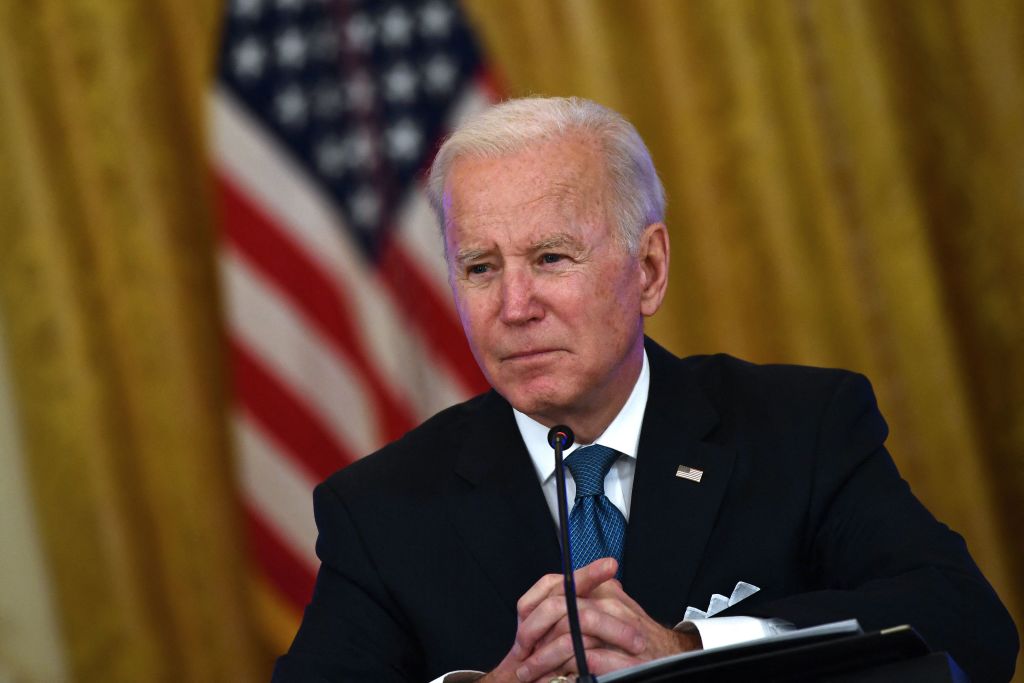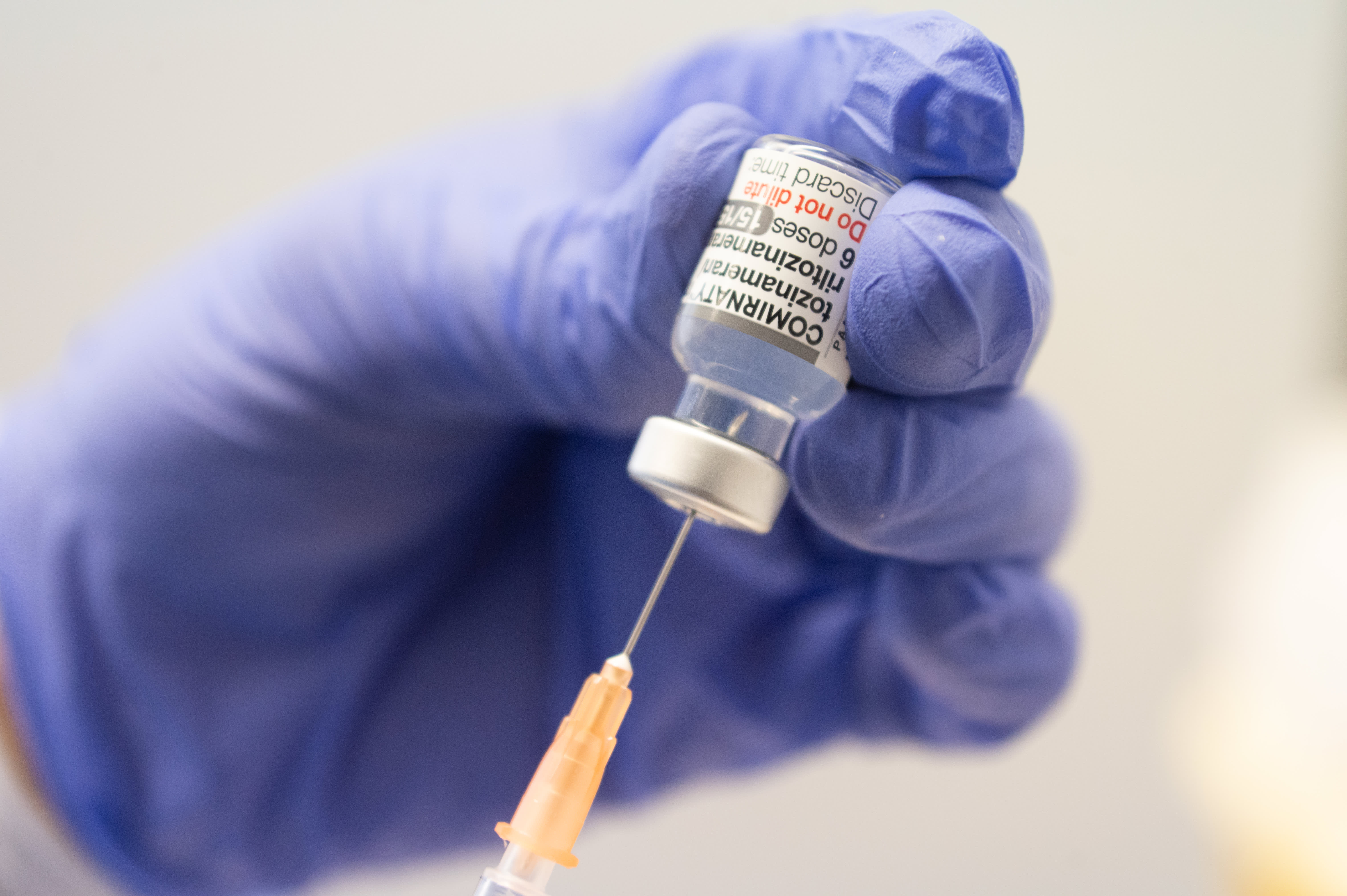What to Know
- A new and rare COVID variant has been detected in New York City's wastewater
- The latest variant, BA.2.86, has been seen previously in other parts of the U.S., but had yet to be detected anywhere in New York state. However, it was recently found in tests of the city's sewage, according the NYC's Department of Health and Mental Hygiene.
- There is some good news: There is no evidence to suggest the new variant causes more severe illness, according to the health department
A new and rare COVID variant has been detected in New York City's wastewater, and there's not much yet known about it.
The latest variant, BA.2.86, has been seen previously in other parts of the U.S., but had yet to be detected anywhere in New York state. However, it was recently found in tests of the city's sewage, according the NYC's Department of Health and Mental Hygiene. The department did not specify when it was discovered or when the tests were conducted.
The new variant has not been found in any tests from local residents, but health officials said it is "almost certainly" already circulating in the city. And the health department added that it will likely be more adept at evading immunity from vaccines than previous iterations of the virus.
There is some good news: There is no evidence to suggest the new variant causes more severe illness, according to the health department.
Get Tri-state area news delivered to your inbox. Sign up for NBC New York's News Headlines newsletter.
Health officials advised New Yorkers, particularly those most vulnerable, to get the updated COVID booster when it's available in the coming weeks. The Centers for Disease Control and Prevention expects updated vaccines from Pfizer, Moderna and Novavax to be available to the public in mid-September, an agency official said last week.
That amounts to the most specific timeline to date for the new shots, which are designed to target omicron subvariant XBB.1.5. CDC Director Mandy Cohen had previously provided a later timeline, telling NPR that the vaccines could be available by the "early October time frame."
Those shots still need approvals from the Food and Drug Administration and the CDC, which will set eligibility guidelines for the jabs. An independent panel of advisors to the CDC is meeting on Sept. 12 to vote on a recommendation for those guidelines.
The arrival of updated vaccines offers some reassurance to Americans as the U.S. sees a slight uptick in Covid cases and hospitalizations. But those metrics remain below the summer peak that strained hospitals last year, the CDC official noted.
The current surge appears to be fueled by newer strains of the virus like EG.5, or Eris, an omicron subvariant that accounted for 17.3% of all cases as of last week, according to the CDC. But it's unclear how well the new shots will protect against BA.2.86, which has been identified in a very small number of cases.
"I think it's too early to know for sure about BA.2.86 in terms of exact data," the FDA official said, adding that more information will be available in the coming weeks.
However, the official noted that the new vaccines will likely protect against any severe outcomes from catching the Covid virus.
Last week, the World Health Organization and the CDC said they are tracking BA.2.86 because it has 36 mutations that distinguish it from XBB.1.5. So far, there is no evidence that BA.2.86 spreads faster or causes more serious infections than previous versions.
CNBC's Annika Kim Constantino contributed to this report.




